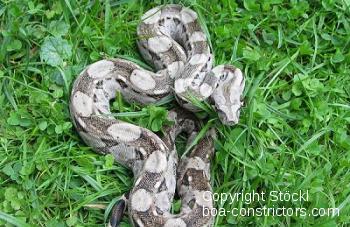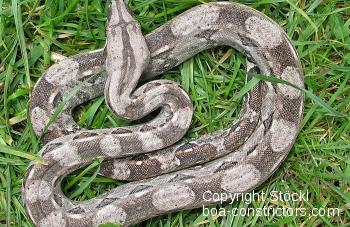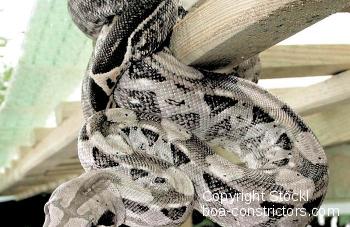Boa c. imperator Cay Caulker
Distribution areaBelize
Estimated average length of mature Boa c. imperator femalesup to 1,5m (4,9 ft)
Taxonomic status Subspecies recognized by the CITES convention
| Mexico |
| Tarahumara |
| Belize |
| Crawl Cay |
| Ambergris Caye |
| Columbia |
| Ecuador |
| El Salvador |
| Costa Rica |
| Honduras |
| Nicaragua |
Boa c. imperator Caye Caulker Boa | information on Cay Caulker boas Belize | Boa imperator Belize Caye Caulker | Belize dwarf boas | Belize Caye Caulker Boa c. imperator information |Caye Caulker common boa | size of Caye Caulker boas | length of Caye Caulker boas
CAPTIVE BORN CRAWL CAY BOAS FOR SALE
Caye Caulker is one of Belize's many Cays along its Barrier Reef. It is about 19 miles north east of Belize City in the Caribbean Sea. The north end is mostly mangrove swamps and is not developed. The south end houses a Town with a population of around 800 people. The entire island is only five miles long from north to South and about 1 mile across East to West. On early British maps (and a few newer ones) the island's name is spelled "Cay Corker “. On October 31, 1961 the once single Island was divided into its two North & South sections by a narrow channel courtesy of Hurricane Hattie. The Cay Caulker Forest Reserve, on the northernmost 100 acres of the island, was declared in May of 1998 and a Reserve Headquarters building was built during July and August of 2001. This section of the Island is virtually untouched and is home to many Birds, Reptiles and The Caulkers Cay Boas.
Caulkers Cay Boas are very small boas and adults max out at around 5 feet in length. I have had Females produce litters of 10 or more babies at as little as 45 inches and 3 years of age. They are lean boas and adults may be a thicker than a broom handle. They are more arboreal than most other Boa constrictors because they must take to the trees to avoid predators such as crabs at low tide. Their background color is a very light pastel gray. Their dorsal saddles are a darker steel gray and count 22 – 24 snout to vent. Caulkers Cay Boas are naturally anerythristic or lacking red. Their tail is also dark gray with flecks of brown in it. Some Caulkers Cays Boas are much Darker than others and could have black tails with black saddles. The ventrals on this boa are white and speckled with gray and black. The sides that touch the ventral scales are more speckled with gray & white. This overall gray color is most likely camouflage to blend in with its Mangrove and sandy surroundings.
These boas must have drifted to this Cay on debris from the Mainland of Belize thousands of years ago. They are dwarfs due to the fact that they live on a very small Mangrove Island with minimal amounts of food items. The Caye Caulker Boa as a hatchling may survive on Anoles and geckos in its natural habitat. The Adults are known to feed on small Migratory birds which use the Cay as a stop over during their Migration to South America. But this migration last only a few weeks and the adult boas must eat as much as they can. If they do not eat enough during this small window in time – they may not reproduce for another year until the next Migration of birds arrive.
Caulkers Cay boas are calm Boas making them wonderful shoulder pets that take up minimal space. They have a distinctive ability to change their hue.
This page about the Caye Caulker Boas is an abstract from the article "Dwarf Boas" written by Vincent Russo for the "Reptile Magazine" edition April 2004
Last, but not least an abstract from the website of Gus Rentfro, www.riobravoreptiles.com
Unknown to the herpetocultural community until quite recently, these rather small boas were first imported (under CITES permit) by a university researcher in the ‘90s. Rio Bravo Reptiles acquired the entire group and has produced F1 and F2 offspring. All Caulker Cay boas in culture have originated from our efforts and we are still the sole source for F1 examples of these animals which, even after our very successful program are among the most rare boas in captivity.






